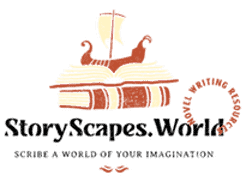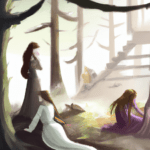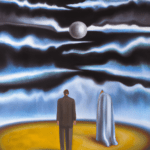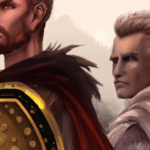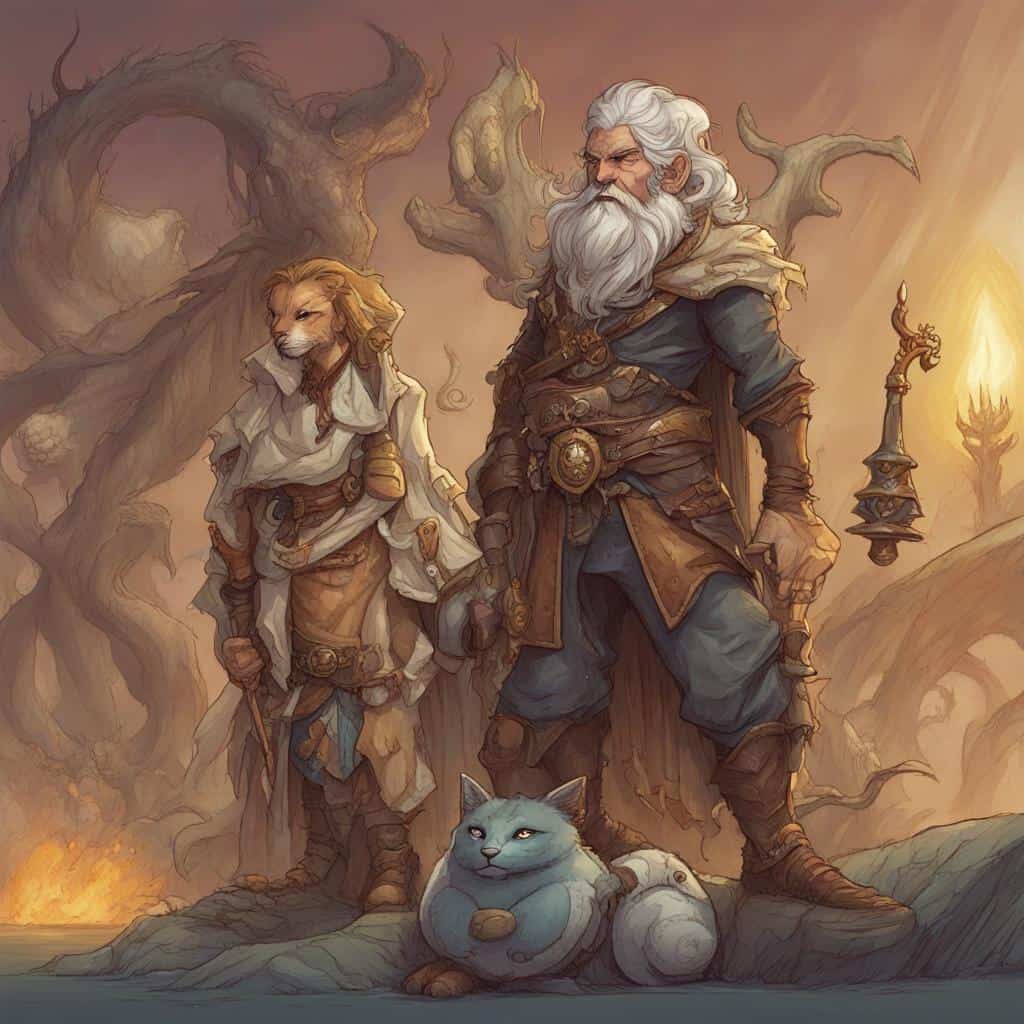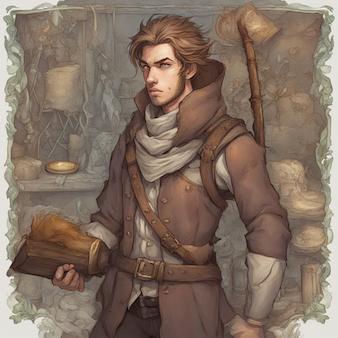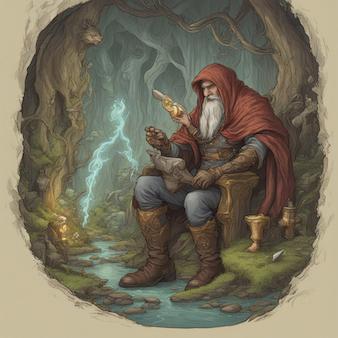Fantasy fiction is a genre that has captured the imagination of millions of readers around the world. It allows us to escape our mundane lives and enter a world of wonder and magic, where anything is possible. One of the key elements that make fantasy fiction so captivating is the role of mythology. Mythology provides a rich tapestry of stories and characters that authors can draw upon to create their own unique worlds and narratives.
Role of Mythology
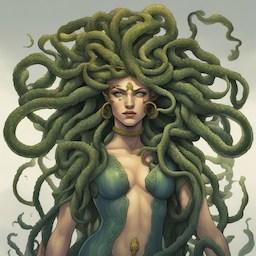
Mythology is a collection of stories, beliefs, and traditions that have been passed down through generations. These stories often involve supernatural beings such as gods, goddesses, and monsters, and are used to explain natural phenomena or provide moral guidance. Mythology has been a part of human culture for thousands of years, and it continues to inspire and captivate us today.
In fantasy fiction, mythology is often used to create a sense of depth and history within the world that the author has created. By drawing upon existing myths and legends, authors can tap into a rich cultural heritage and provide readers with a sense of familiarity and resonance. For example, J.R.R. Tolkien drew heavily on Norse mythology when creating the world of Middle-earth, using elements such as dwarves, elves, and giants to populate his stories.
Mythology can also be used to create a sense of mystery and intrigue within a story. By drawing upon lesser-known myths and legends, authors can create a sense of otherworldliness and magic that can captivate readers. For example, in Neil Gaiman’s “American Gods,” gods from various cultures and mythologies come to life in the modern world, creating a sense of wonder and mystery that draws readers in.
Another way in which mythology is used in fantasy fiction is to create a sense of epic scope and grandeur. Many myths and legends are based around great quests and heroic deeds, and these themes can be used to create larger-than-life stories that capture the imagination. For example, in Rick Riordan’s “Percy Jackson and the Olympians” series, the protagonist embarks on a quest to save the world from destruction, drawing upon the rich mythology of ancient Greece to create a sense of epic scale.
Mythology can also be used to explore complex themes and ideas within a story. Many myths and legends are based around moral and philosophical ideas, and authors can use these stories to explore similar themes within their own work. For example, in Ursula K. Le Guin’s “The Left Hand of Darkness,” the author draws upon the mythology of the fictional world she has created to explore gender and sexuality in a thought-provoking and insightful way.
However, while mythology can be a powerful tool for authors, it is important to use it in a way that is respectful and responsible. Many myths and legends are based on cultural traditions that are still important to many people around the world, and it is important not to appropriate or misrepresent these stories. Instead, authors should seek to draw inspiration from these stories while creating their own unique narratives and worlds.
The role of mythology in fantasy fiction is a complex and multifaceted one. Mythology provides authors with a rich tapestry of stories and characters to draw upon, creating a sense of depth and history within their worlds. It can also be used to create a sense of mystery and epic scope, as well as explore complex themes and ideas. However, it is important to use mythology in a way that is respectful and responsible, drawing inspiration from these stories while creating something new and unique.
Keywords: mythology, fantasy fiction, J.R.R. Tolkien, Neil Gaiman, Rick Riordan, Ursula K. Le Guin, world-building, cultural heritage, appropriation, storytelling, role of mythology in fiction, role of mythology in writing, role of mythology in fantasy, role of mythology in fantasy novels.
Check out our Novel Writing Workbooks
Check out Little Tree Food Forest for articles on food forests and homesteading.
Check out FoodieScapes for articles on growing, fermenting and preserving food
Check out StoryScapes.World for articles on writing.
Subscribe to our newsletter to get information delivered to your inbox on how to write a book, outlining your novel, keeping journals, marketing your novel, self-publishing, writing poetry and more.
